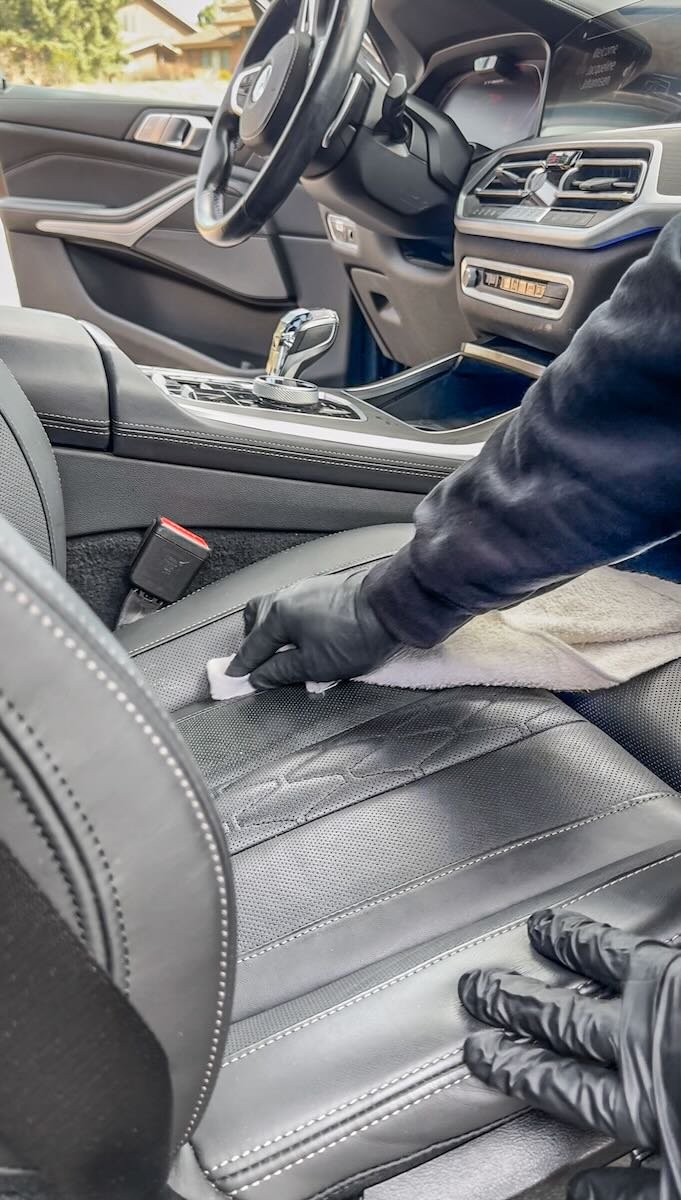Why Is Detailing So Expensive? Breaking Down the Cost
If you've ever booked a car detailing service and experienced a bit of sticker shock, you're not alone. Many car owners wonder, “Why is detailing so expensive?” At first glance, it might seem like a high price just to clean your vehicle. But there’s much more going on behind the scenes than just a wash and vacuum.
In this post, we’re breaking down exactly what you’re paying for when you book a professional car detail—and why it’s often worth every penny.
1. It’s Not a Car Wash—It’s Restoration
Car detailing is a far cry from a quick run through the automatic wash. A true detail involves hours of deep cleaning, correcting, and protecting every surface inside and out. Depending on the condition of your vehicle, it may take 3 to 5 hours or more for a full detail—and that’s per vehicle.
Detailers clean intricate areas like door jambs, vents, and cupholders. They remove stubborn stains from upholstery, polish out swirl marks from the paint, and apply long-lasting protective coatings. You’re paying for restoration, not just cleaning.
2. Specialized Tools and Products Cost Money
Professional detailers use high-end tools and products—many of which are not available to consumers or cost significantly more than household cleaners.
Here are just a few examples:
Dual-action polishers and extractors ($300–$1,000+ each)
Microfiber towels, foam cannons, and grit guards
pH-balanced shampoos, decontaminants, and ceramic coatings
A single ceramic coating application, for example, can cost $75–$150 in materials alone—and that's before factoring in the labor to apply it properly.
3. Detailing Is Labor-Intensive and Skilled Work
Think of car detailing as a craft. It requires:
Attention to detail (pun intended)
Experience with different paint types and surfaces
Knowledge of chemical reactions and proper product use
Unlike a mechanic who might swap parts, a detailer brings out the best in your vehicle’s appearance with their own two hands. That’s a skilled service—and skilled labor costs more.
According to IBISWorld, labor accounts for over 50% of the detailing service price. That’s because a good detailer doesn’t just clean your car—they preserve its value.
4. Mobile Services Add Convenience (and Cost)
If your detailer comes to you, you’re also paying for convenience. Mobile detailing services save you time, which is valuable in itself—but they also incur added costs like:
Travel time
Fuel and vehicle maintenance
Insurance for working on-site at customer locations
These expenses get built into the service cost.
5. Results Last Longer Than a Regular Wash
A good detail offers long-term benefits:
Paint protection from UV rays, road salt, and oxidation
Interior protection from cracking and fading
Increased resale value (clean, well-maintained vehicles can fetch thousands more)
In many cases, paying $200–$450 for detailing can save or earn you more in the long run by preserving the vehicle’s condition and curb appeal.
6. You’re Supporting a Small, Local Business
Most detailing companies are small, owner-operated businesses. They set pricing to cover:
Insurance
Licensing and certifications
Ongoing training
Equipment maintenance
Wages and fair labor practices
If your detailer is reputable, insured, and offers transparent pricing, that higher rate reflects not just quality—but responsibility.
Final Thoughts: You Get What You Pay For
Detailing is expensive because it combines time, skill, precision, and quality materials into one personalized service. When done right, it transforms your vehicle, protects your investment, and saves you time.
So, the next time you ask, “Why is detailing so expensive?” remember: you’re not just paying for a clean car—you’re paying for care.

